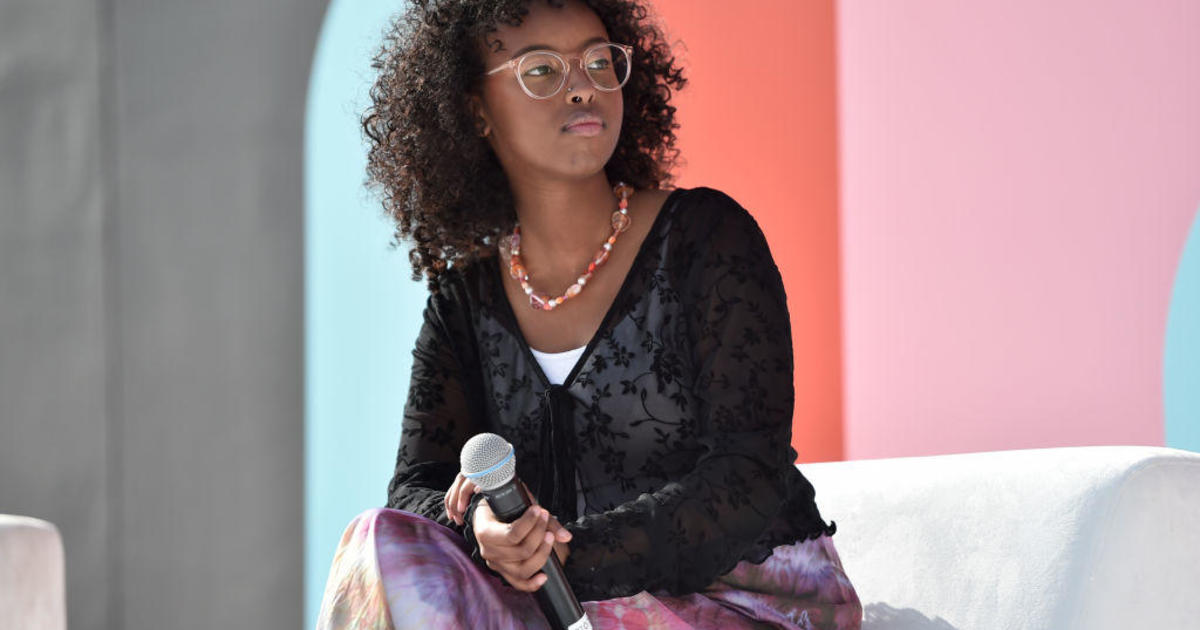Amendments, Not Candidates, Top Minn. Ticket
MINNEAPOLIS (AP) — Minnesota voters had the economy weighing heavily on their minds as they decided Tuesday whether to extend Democrats' long dominance of presidential politics in the state. Meanwhile, the state's voters cast ballots on two proposals to significantly rewrite the state's constitution.
A preliminary exit poll conducted in Minnesota for The Associated Press found economic worries outpacing health care reform, foreign policy and the federal budget deficit as state voters' main concern. About six in 10 Minnesota voters said the economy is the most important issue facing the country — three times more than any other issue.
While interest in the race between President Barack Obama and Republican Mitt Romney was high, the state's hardest-fought campaigns were over the amendments: one to ban gay marriage and one to require photo ID to vote in future elections. Both issues brought many voters out Tuesday — some who waited in two-hour lines.
There were a few glitches — some mechanical issues in Minneapolis, some confusion over redistricting, and a ballot in Duluth containing the name of someone no longer running — but elections officials say voting was running smoothly overall.
In Minneapolis, voting machines in a small number of precincts were experiencing mechanical problems. Voters were still allowed to complete ballots, and they were stored in a safe place until they could be counted.
When it comes to the issues, the spotlight fell on the amendments in part because Minnesota's top-of-the-ticket races were sleepier than in years past. Minnesota drew some late attention from Obama and Romney after a poll showed the race tightening, but it was nothing compared with the neighboring battlegrounds of Iowa and Wisconsin. Obama was looking to grab Minnesota's 10 electoral votes for a second time. No Republican has carried Minnesota since Richard Nixon in 1972.
Voters said Tuesday that the economy, health care, and foreign policy issues weighed heavily as they made their decisions.
"The last four years have been crap," said Marvin Grover Cleveland, 73, of Roseville, who voted for Romney. "It's the economy. It went downhill. The debt has gone up so far. ... Let's try something else."
Rene Maas, an over-50-year-old business analyst from Plymouth, voted for Obama, saying he needs more time.
"I think he's made great strides and he's really trying to get us moving in the right direction. It's not going to be an instant change," she said. "You can't recover an economy fast. It's going to take a while. It took a while to get into the mess."
Opponents of the marriage amendment outraised supporters by about two-to-one. But backers had history on their side: No gay marriage ban had ever been defeated at the hands of any state's voters.
Photo ID requirements for voters are spreading through the country, but only Mississippi has had one enacted through a constitutional amendment process.
Dale Charboneau, 66, a self-employed designer and artist in Roseville who said he was an independent, voted for Obama and against the gay marriage ban. But Charboneau supported photo ID, recalling the state's close 2010 governor's race and allegations of fraud.
"It's a small percentage, but in an election like this, it could be enough to change it," Charboneau said.
Terri Montbriand, 53, a medical secretary in Bloomington, followed the same path: for Obama, against the gay marriage ban, and for photo ID.
"I guess I didn't think it was difficult to have to show an ID," Montbriand said.
In Duluth, voters at one precinct were given a bad ballot for nearly an hour before the error was discovered. The outdated ballot listed the name of a Democratic state lawmaker who dropped out after he was caught in a rest-stop sex scandal. City clerk Jeff Cox said he believed it was the only precinct to get the bad ballot, and voters were able to write in the replacement Democrat's name if they wished.
Minnesota historically ranks among the nation's leaders in participation, and Secretary of State Mark Ritchie projected 3 million voters — a number that would approach 80 percent turnout.
Voters also were deciding who would control the Legislature, with Democrats and Republicans in a district-by-district tug for House and Senate majorities. Republicans control both chambers, but Democrats hoped they could retake control they lost two years before.
The outcome has powerful implications for the policy agenda of Democratic Gov. Mark Dayton, who is halfway through a term already beset by a government shutdown after Republicans refused his call for higher taxes on the wealthy.
In Congress, Democratic Sen. Amy Klobuchar, with big advantages in name ID and money, was a heavy favorite over Republican Kurt Bills. Klobuchar's Senate race was one of 33 nationally. But Bills, a one-term state legislator, struggled for attention, money and voter support. Neither national party considered the race competitive. Democrats were banking on Klobuchar's return in the broader contest to maintain their majority, and she's likely to be in a position to continue building a national profile.
Republicans were defending four U.S. House seats in Minnesota that help make up their majority. First-term Rep. Chip Cravaack was facing the strongest challenge, battling former Rep. Rick Nolan in northern Minnesota. The GOP was favored to retain seats held by Reps. Michele Bachmann, John Kline and Erik Paulsen. Democrats hold the other four Minnesota seats, none of which were viewed to be in jeopardy.
Marriage Amendment A Hot Topic On November Ballot
(© Copyright 2012 The Associated Press. All Rights Reserved. This material may not be published, broadcast, rewritten or redistributed.)



